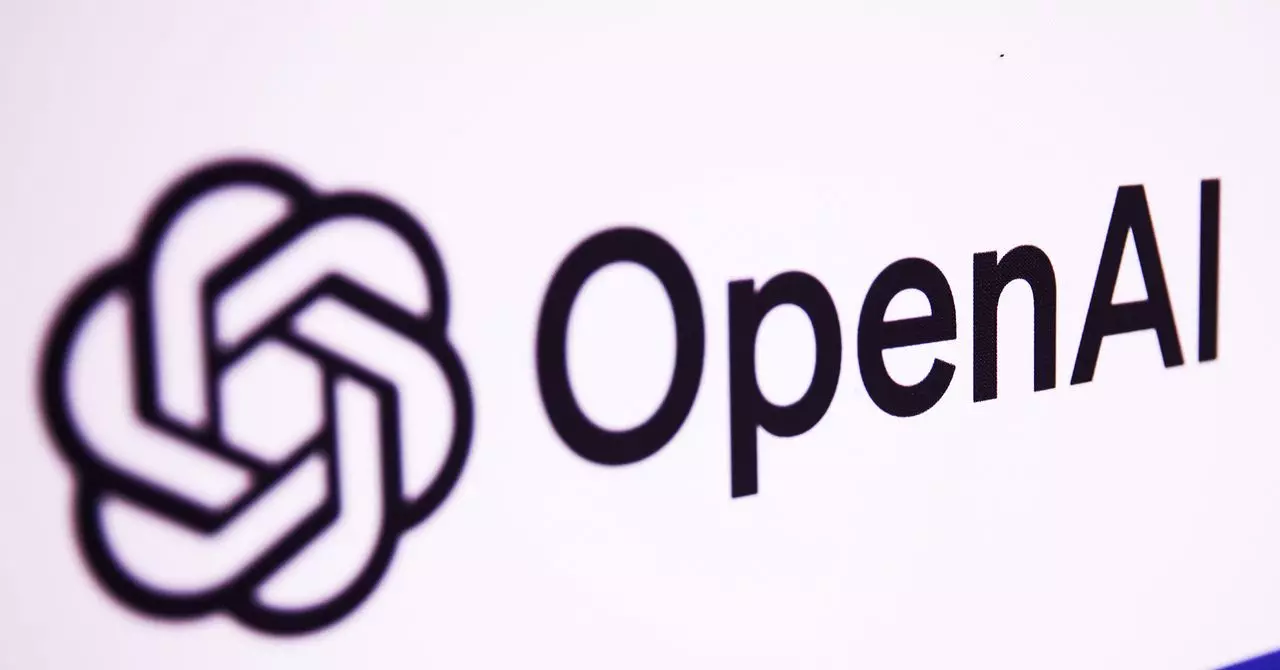The rapid surge in artificial intelligence innovation has ignited one of the most intense talent battles Silicon Valley has seen in years. At the heart of this struggle are the top minds behind groundbreaking AI development, with major players like OpenAI and Meta locking horns over securing their loyalty. Recently, OpenAI’s Chief Research Officer, Mark Chen, sent a candid and impassioned message to his team, revealing the gravity of the situation as Meta aggressively targets OpenAI’s researchers with extraordinarily lucrative offers. The memo casts a vivid light on the precarious nature of retaining brilliant innovators amidst a market where billions are at stake and corporate rivalry blurs into personal confrontation.
Meta’s Brazen Financial Gambit
Meta, under CEO Mark Zuckerberg, has evidently shifted into high gear to poach talent from OpenAI’s ranks, resorting to staggering signing bonuses reportedly reaching $100 million—a figure that shocks even insiders. This aggressively competitive approach underscores the immense strategic value placed on AI research talent. Beyond mere compensation, Zuckerberg has taken a hands-on approach, personally reaching out to potential recruits, signaling how critical this recruitment drive is for Meta’s ambitions in superintelligence and broader AI initiatives. The scale of investment in talent, coupled with the direct involvement of the CEO, highlights a sense of urgency and high stakes in this tech arms race.
OpenAI’s Response: Urgency Coupled with Integrity
While Meta casts a tempting financial net, OpenAI’s leadership is clearly feeling the pressure but remains committed to fairness and maintaining a collaborative culture. Mark Chen’s memo expressed a raw metaphor, describing the talent drain as akin to having one’s home invaded and valuables stolen, revealing the emotional toll on leadership. Yet, OpenAI differentiates itself by pledging not to engage in a race that sacrifices equitable treatment for all employees. They are recalibrating compensation packages and exploring creative retention strategies, emphasizing respect and fairness over mere transactional incentives. This stance suggests that OpenAI views its staff not just as employees tied by contracts, but as partners in a collective mission—an approach that can foster loyalty beyond monetary allure.
The Cultural Battleground Beyond Money
What’s also significant is the implicit commentary on cultural fit amid these talent shifts. Sources note that while companies like Anthropic are competitively positioned, Meta’s recruitment efforts prioritize candidates who align with their workplace ethos. This signals that winning talent wars isn’t solely about money; it’s equally about where researchers see themselves thriving intellectually and socially. In fact, the pressure tactics reportedly used by recruiters have raised concerns internally at OpenAI, with leaders urging staffers to resist undue coercion. This ethical dimension of recruitment reflects the delicate balance in cultivating an environment where employees make career decisions grounded in long-term values rather than short-term gains.
The Broader Implications for AI Innovation
This battle over researchers is more than a corporate tug-of-war; it foreshadows the future trajectory of AI itself. The migration of top talent influences which organizations will set the tone for AI ethics, safety, and capability development. OpenAI’s public commitment to fairness—both internally and in the wider AI discourse—might resonate when recruiting idealists passionate about responsible AI. Yet, Meta’s deep-pocketed, highly aggressive stance could accelerate breakthroughs through sheer resource allocation. The rivalry may thus shape not just the companies’ fortunes, but also the direction and societal impact of AI technologies worldwide.
A Personal Perspective: What This Means for Tech Culture
Watching this clash unfold, I find myself torn between admiration for Meta’s boldness and concern for the toll such high-stakes recruitment wars could extract. There’s undeniable value in rewarding exceptional talent generously; however, an overemphasis on monetary incentives risks commodifying researchers in a way that undermines creativity and collaboration. OpenAI’s insistence on fairness strikes me as a refreshing acknowledgment that people are more than assets to be traded. The challenge going forward will be to preserve integrity and purpose within AI research amid inevitable pressures to win at all costs. This moment is a test of whether tech leadership can balance competitive drive with humane values, which ultimately defines not only corporate success but the ethical backbone of AI development.

